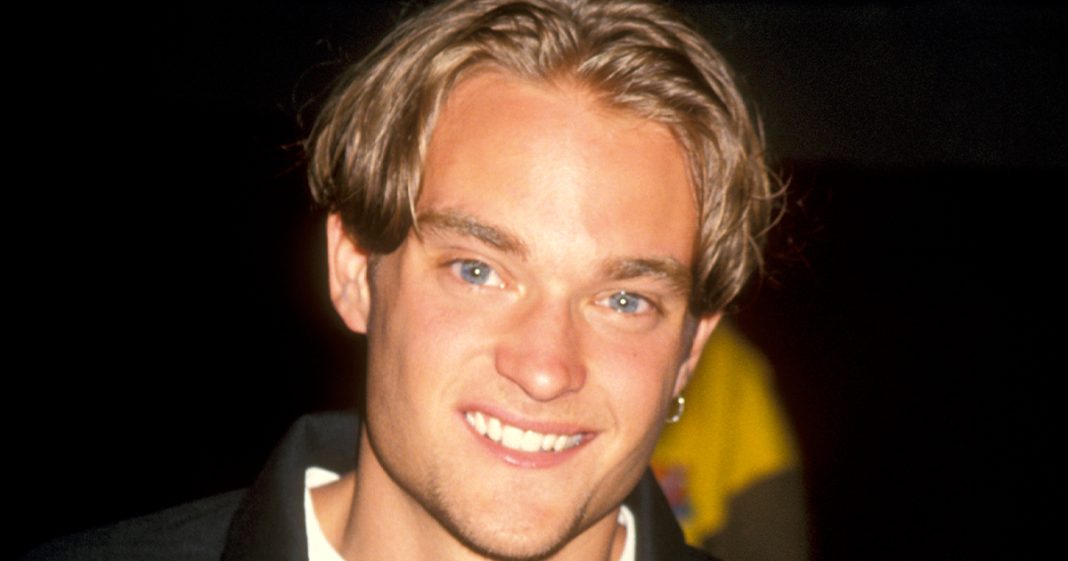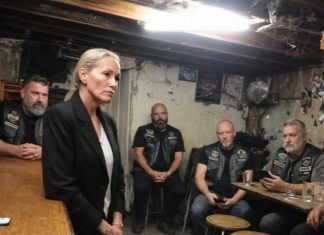The Journey of a Child Star: Chad Allen’s Transformation
Chad Allen, a name that once adorned the covers of countless magazines, epitomized the quintessential child star whose smile lit up American screens during the 1980s and early 1990s. However, beneath the veneer of success and the accolades lay a boy grappling with issues of identity, societal pressure, and personal purpose. His early experiences in Hollywood were not merely a tale of stardom but also a profound narrative of self-discovery. Before he even reached the legal driving age, Allen was a prominent figure in Hollywood, transitioning seamlessly from one hit series to another, embodying characters that resonated with audiences. While the world saw a confident young idol, Allen was merely a struggling teenager seeking to discover his true self amidst the chaos of fame and public scrutiny.
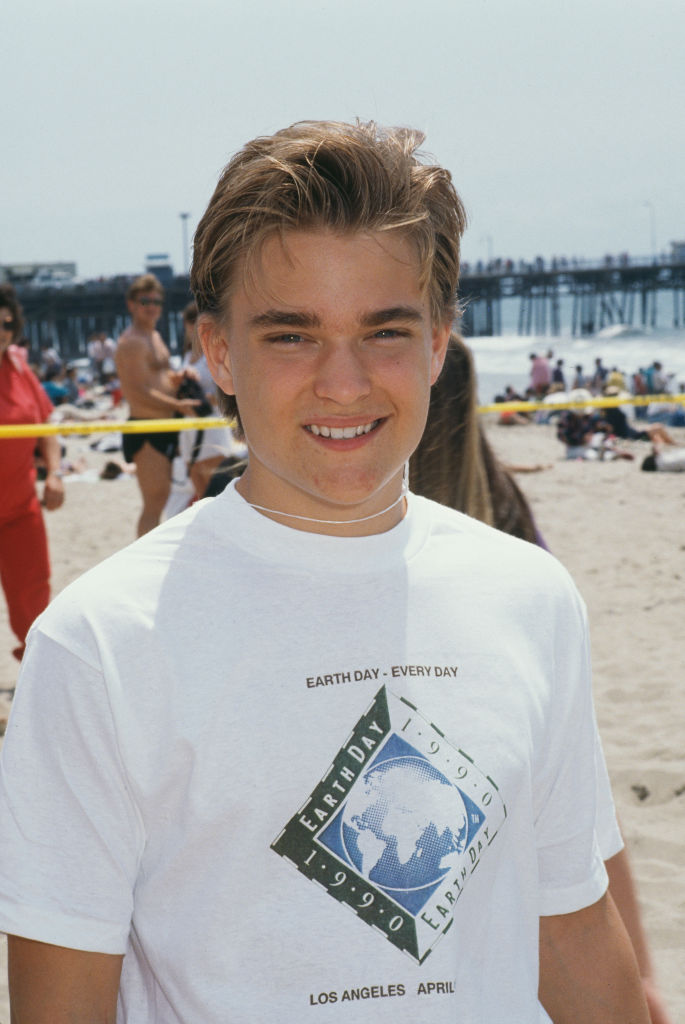
Born in 1974 in Los Angeles, California, Chad Allen’s entry into acting was marked by his first role at the tender age of eight, where he portrayed a character with autism in the groundbreaking television drama St. Elsewhere. This role was not just another gig for a child actor; it was a pivotal moment that required sensitivity and depth of understanding. His mother played a crucial role in preparing him for this challenging character by providing insights into the intricate emotional landscape of children with autism. “I understood that,” he recalled, reminiscing about how he constructed elaborate imaginary worlds that mirrored the internal struggles of his character. This early performance not only showcased his talent but also set the stage for his burgeoning career, gaining him critical acclaim and establishing him as a promising actor in the industry.
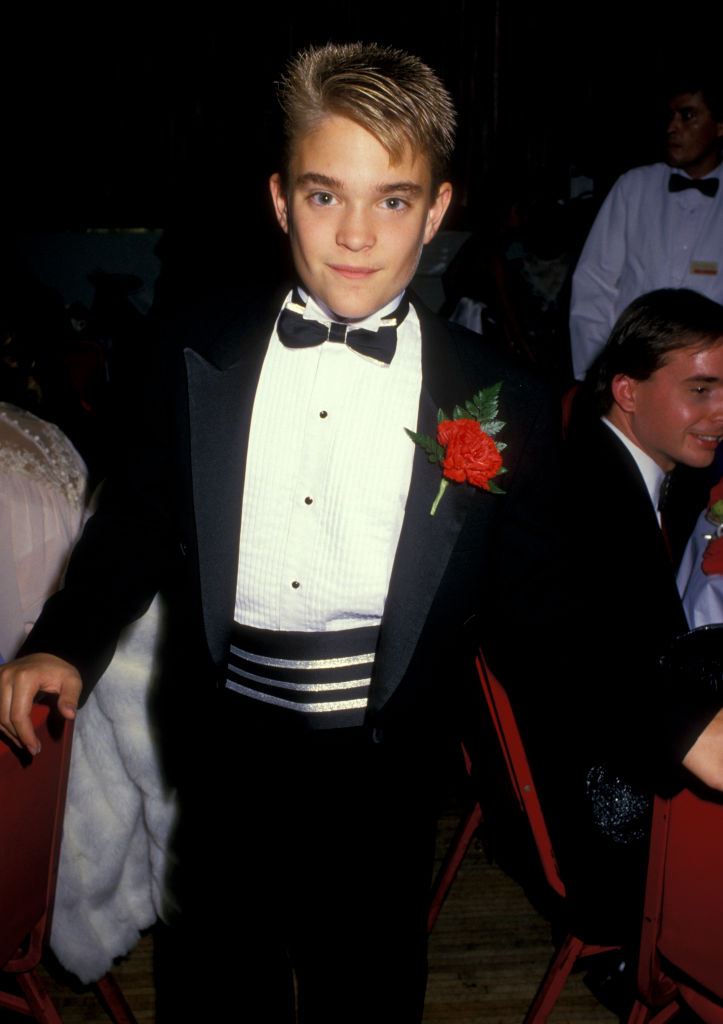
As his career skyrocketed, Allen became a staple in family dramas such as Our House and My Two Dads, captivating viewers with his charm and sincerity. Instead of focusing on traditional childhood experiences like school dances and friendships, he found himself immersed in scripts and studio sessions, where every moment was meticulously crafted for the screen. “I played pretend, and I was good at it,” he reflected, acknowledging the irony of his success. The conflict between his on-screen persona and personal identity became increasingly apparent as he matured. The allure of fame began to lose its charm, and he felt entrapped by the public persona he had cultivated. The normalcy that typically accompanies adolescence was overshadowed by the rigorous demands of being a child star, leading to an identity crisis that left him questioning his values and purpose.
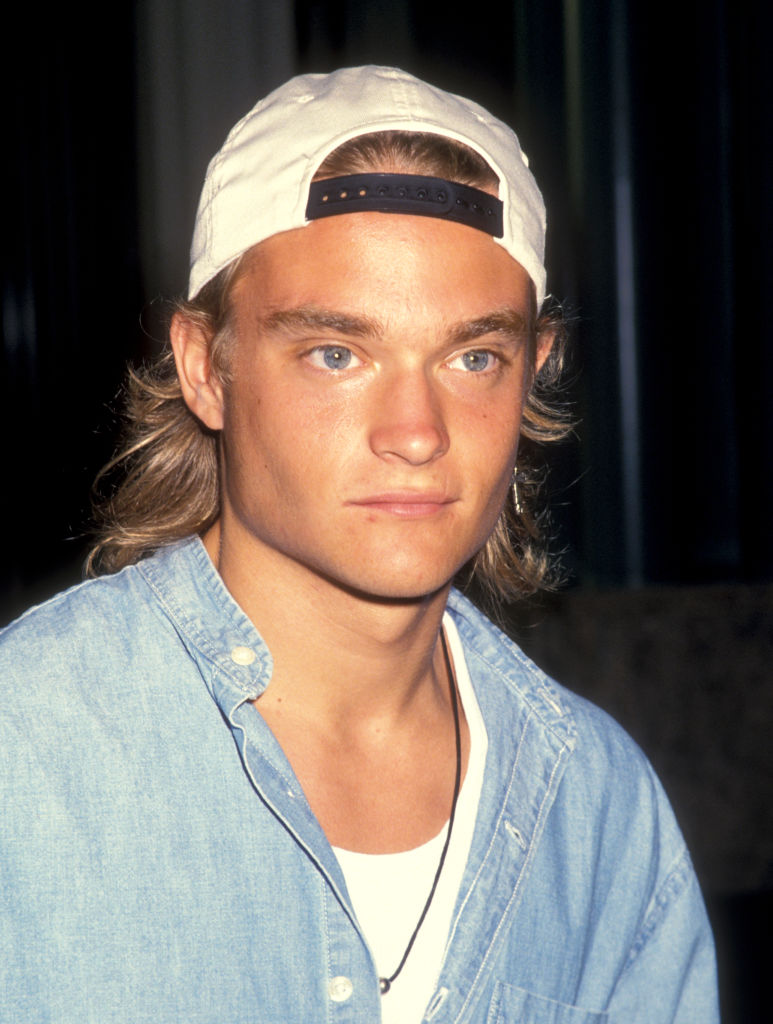
At just 16, Allen made a courageous decision to step away from the dazzling lights of Hollywood to experience a conventional teenage life. He enrolled in high school and joined the drama club, seeking solace among peers who, like him, felt like outsiders. “I discovered that I liked the world of theater, which was so different from the world of the teen star,” he noted. This pivot marked a critical juncture in his life, as he began to explore the complexities of adulthood while wrestling with his own identity issues, particularly in the context of his conservative upbringing. While many teens were engrossed in forming friendships and attending parties, Allen was navigating the terrain of self-discovery, often feeling disconnected from the superficial connections that fame provided.
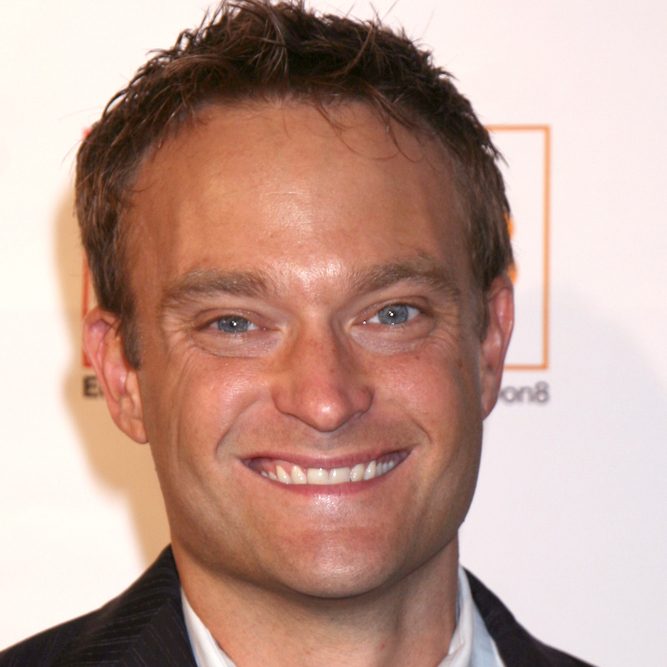
However, as he transitioned into adulthood, Allen faced harrowing challenges, including struggles with addiction. “At the end of the day, I was alone, and I couldn’t stop drinking,” he admitted, reflecting on his downward spiral that culminated in profound isolation. A pivotal moment occurred when a close friend, actress Heather Tom, decided to distance herself from him, serving as a stark wake-up call. This jarring experience forced Allen to confront the realities of his situation and ultimately choose between a path of self-destruction or a quest for redemption. He entered recovery and discovered that helping others through their struggles was not only a healing process for them but also a transformative journey for himself. The act of supporting others allowed him to confront his own demons while fostering a sense of community and connection.
The turning point in Allen’s life came when he was a star on the critically acclaimed series Dr. Quinn, Medicine Woman. In 1996, a tabloid published compromising photographs of him, which inadvertently revealed his sexual orientation. This incident thrust him into a maelstrom of public scrutiny and personal turmoil, forcing him to confront his identity in the harsh light of day. “I was scared. Just scared,” he recounted, caught between the desire to be truthful and the fear of becoming a sensational headline in the media. He faced a crossroads with family acceptance, recounting how his father’s inability to look him in the eye was particularly painful. Yet, amidst the fallout, unexpected support poured in from young gay men across the nation, expressing gratitude for his visibility and courage. This newfound support gave him a glimpse of the profound impact one can have by living authentically.
Despite the challenges that followed his revelation, including a severe downturn in career opportunities, Allen’s resilience shone through. He ultimately withdrew from Hollywood in 2015, not as a defeat but as a conscious transformation. In a remarkable turn of events, he returned to academia, earning a Doctorate in Clinical Psychology and establishing his private practice, Confluence Psychotherapy. This name symbolizes the convergence of experiences that shaped him and reflects his commitment to helping others navigate their traumas and identities. Today, Allen dedicates his life to counseling patients, advocating for the LGBTQ+ community, and embracing a life filled with purpose and fulfillment. His journey from the flashy lights of Hollywood to the quiet rooms of psychotherapy illustrates the depth of his transformation and commitment to making a difference.
Chad Allen’s journey from a celebrated child star to a compassionate clinician illustrates the complexity of fame and self-discovery. Through his struggles, he has not only found his voice but also become a beacon of hope for others facing similar battles. “My greatest hope is that when we die, we experience God and let go of all judgments and preconceived notions,” he shared, emphasizing the importance of love over judgment. As he continues to walk the path of healing, both for himself and those he serves, Chad Allen stands as a testament to the power of resilience, authenticity, and transformation. His story is a reminder of the profound human capacity to evolve, heal, and embrace one’s true self, regardless of the trials faced along the way.

